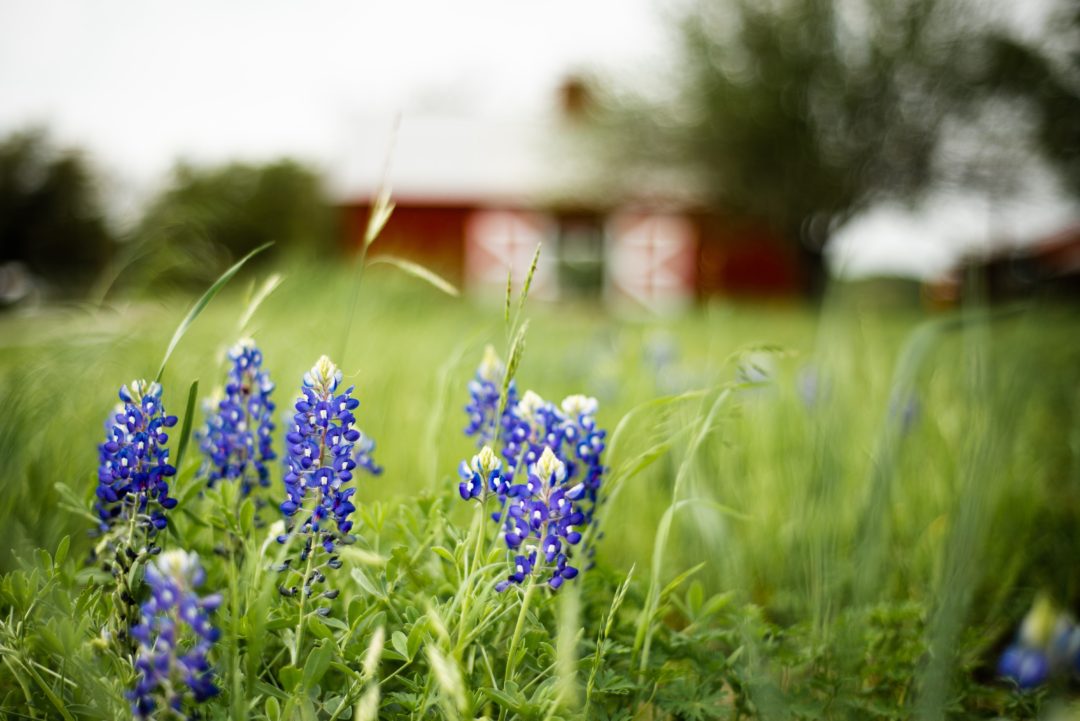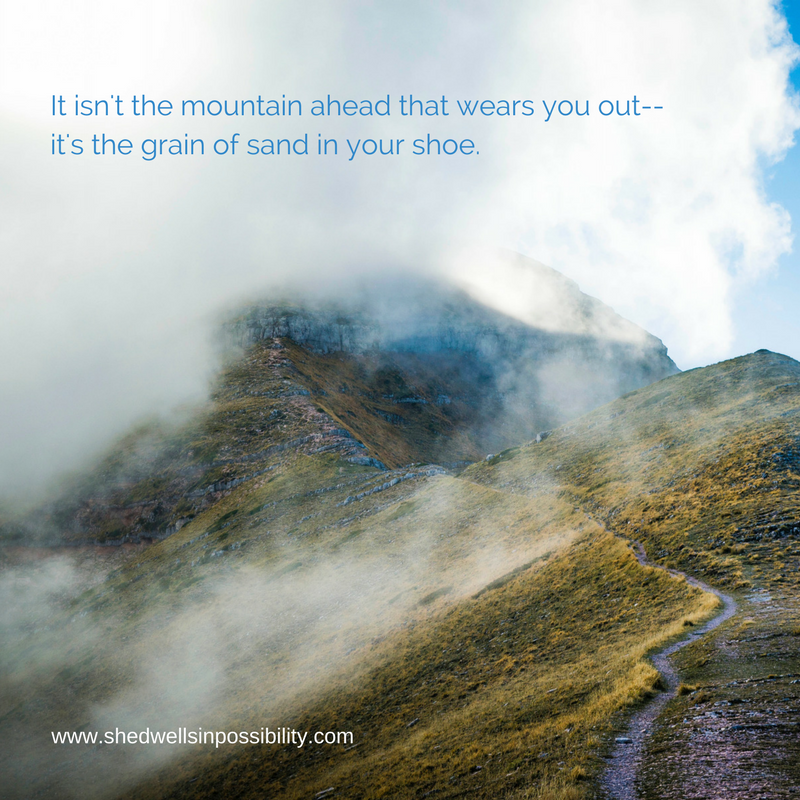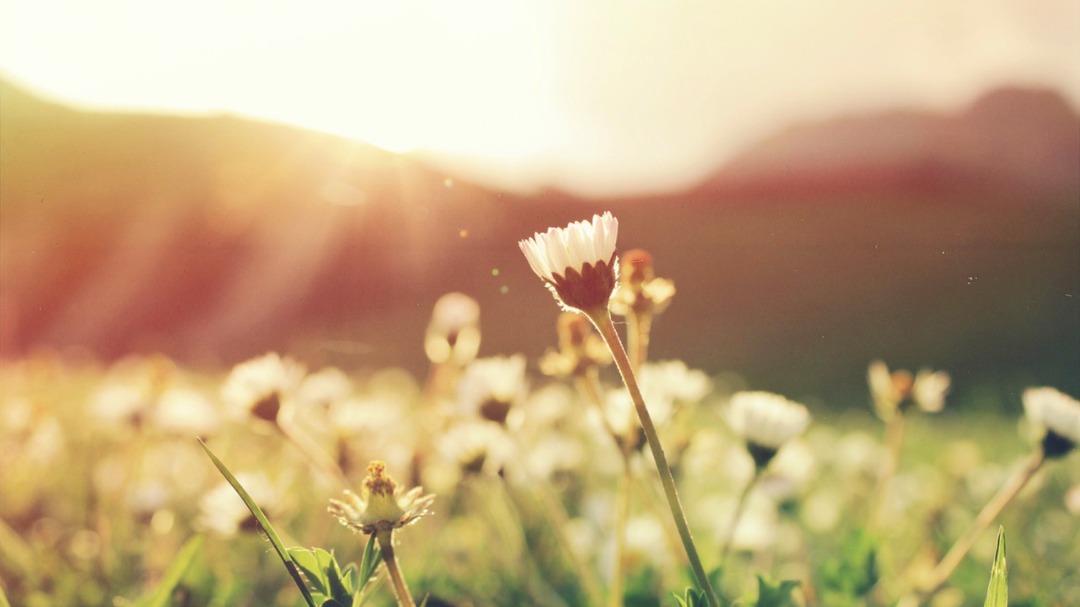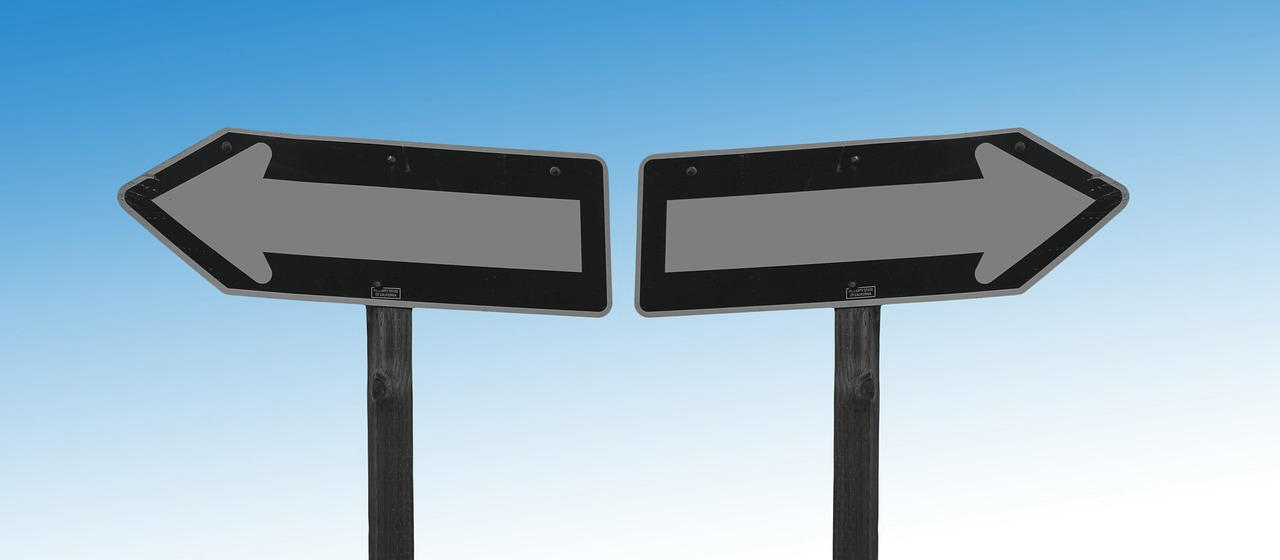When my kids were little, we’d often have cinnamon rolls for breakfast on Saturday mornings. Nothing fancy, just those poppin’ fresh rolls from Pillsbury covered with a dollop of gooey frosting. And every week, both of my kids wanted the cinnamon roll with the most frosting.
I’d do my best to distribute the frosting equally, but then I’d make the kids take turns at being first to select the gooiest one. Then, when the other kid grudgingly selected their second-choice roll, I’d surreptitiously wink and nod. That’s actually the one with the most frosting.
Most of the time, this routine served its purpose: everyone was happy believing their own version of the truth. Sometimes, though, my son’s painfully honest nature would take over. He’d frantically tell his sister, before she could take a bite of her own roll, “Stop! Take this one! It actually has the most frosting!”
I don’t remember whether she ever believed him. It seems likely she would have thought her brother was trying scam her out of her first-choice cinnamon roll, even though doing that would have gone completely against his nature.
The point of this charming story is that, sometimes, the truth doesn’t really matter: whether or not you’re eating the cinnamon roll with the most frosting, you’re still eating a cinnamon roll. But one of the things I hope we’re learning in this country is that, sometimes, the truth really does matter. We’re living through a moment in history when the truth isn’t just in short supply–it’s actively being hidden from us in order to shape our perceptions of reality.
I never believed COVID-19 was a hoax. I did believe it was an illness I wouldn’t have to worry about, as a healthy person who isn’t in a high-risk category. But then previously healthy people–some much younger than I am–started getting sick and dying. Now I’m not sure what I believe. Or when we’ll have the virus under some semblance of control. Or if we will. Maybe it’s just a threat we’ll learn to live with for a long time, and maybe the way we live will be changed forever as the result of it.
There’s so much uncertainty in this moment. I’m not a person who deals well with not knowing things, but here I am–dealing with it. And that’s one of the things I’ve learned from COVID-19: I can actually deal with a lot of uncertainty, when I have to.
A handful of other lessons I’ve learned from COVID-19:
Stockpiling isn’t that crazy.
I grew up with parents who had survived the Great Depression as children. I grew up in a house with a pantry full of canned goods and a refrigerator so full of food that it was almost impossible to add anything new to it. My father kept a huge garden, and my mother preserved or froze everything he grew. He also went hunting and bought a side of beef every year; he stored all this food at a local meat locker, where he rented space. There was no way we were ever going to run out of food.
I always thought my parents were crazy to be so worried about scarcity. But on the first day of self-quarantine, I went through my house to determine how many meals I could make from the food I had on hand. All those suddenly-empty shelves at the grocery store had left me worried about not being able to keep us fed.
I had enough food to get us through two weeks, I determined. Given the dangers of leaving home, it didn’t feel like nearly enough.
My introversion has its limits.
I’m deeply introverted, so this has actually been a revelation. I’ve loved being home alone all day when I’m on sabbatical; I couldn’t figure out why self-quarantine felt so unpleasant. Eventually, it dawned on me that my long days of sabbatical were divided from the rest of my day by the return of my family from work and school (or by the occasional leisurely trip to Target.) Now, even though I’m hibernating with my son and husband–probably the two best candidates for this job–our self-quarantine has felt like one very long day that never ends.
I miss my colleagues and our hallway conversations about the things going on in our lives. When we communicate now, we’re mostly trying to solve work-related problems. We’ve had one virtual happy hour, and while it was lovely to see their faces, it definitely wasn’t the same as just chatting informally. We had to take turns talking. That never happens in real life.
I really like walking.
I’ve had a gym membership for years. The whole point of joining a gym was to invalidate the excuses that helped me avoid exercising outdoors: too hot, too cold, too wet, too windy. I had a million excuses, none of which applied to the gym.
When the gym shut down, though, I had to start taking walks through my neighborhood again–and I’ve remembered just how much I love my neighborhood. This period of self-isolation coincided with wildflower season in Texas, so my first few weeks of walking were spent enjoying the gradual reappearance of the bluebonnets. Now I’m noticing all the changes as the trees and cacti start to bloom, the loquats bear their fruit–every day is something new.
Plus, all my self-isolating neighbors are exceptionally friendly (from a safe distance.) This quarantine feels a little less lonely when I can see how many of us are hunkered down together, even if we’re separated by the walls of our houses.
Running low on toilet paper and paper towels is just a bad idea.
Because you never know when they all might disappear again.
All right, your turn. What lessons has COVID-19 been teaching you?





2 Comments
When I was a child, I started counting the days to the next Christmas Eve on Christmas Day(yeah, sorry Anglos but we Germans get our presents on Dec. 24). And every year, the moment or realization that the next Christmas was 364 days away quickly yielded to the joy of life in between Christmases. As an adult professional, the academic year’s beginning and end soon became my Christmases. The first day of classes always started with a panic attack about how many classes I would teach and how many poorly written sentences I would read (kind of like you, right now). Then the joy and routine of teaching set in and all of a sudden, that magic day of presents called Commencement would arrive. Off to the nirvana of summer research and writing and doing not much at all I went, trying to not think about, but having to get ready for, the next new beginning. And this is what the rona has taught me. I need beginnings but I also need endings – that glorious culmination of the long days of work leading up to it in one day of bliss. There doesn’t seem to be an ending this year. So how will I possibly want a new beginning?
I miss chatting about life and checking in about students. I miss conversations that carry on over hours or days. I want to see you all and love your company.